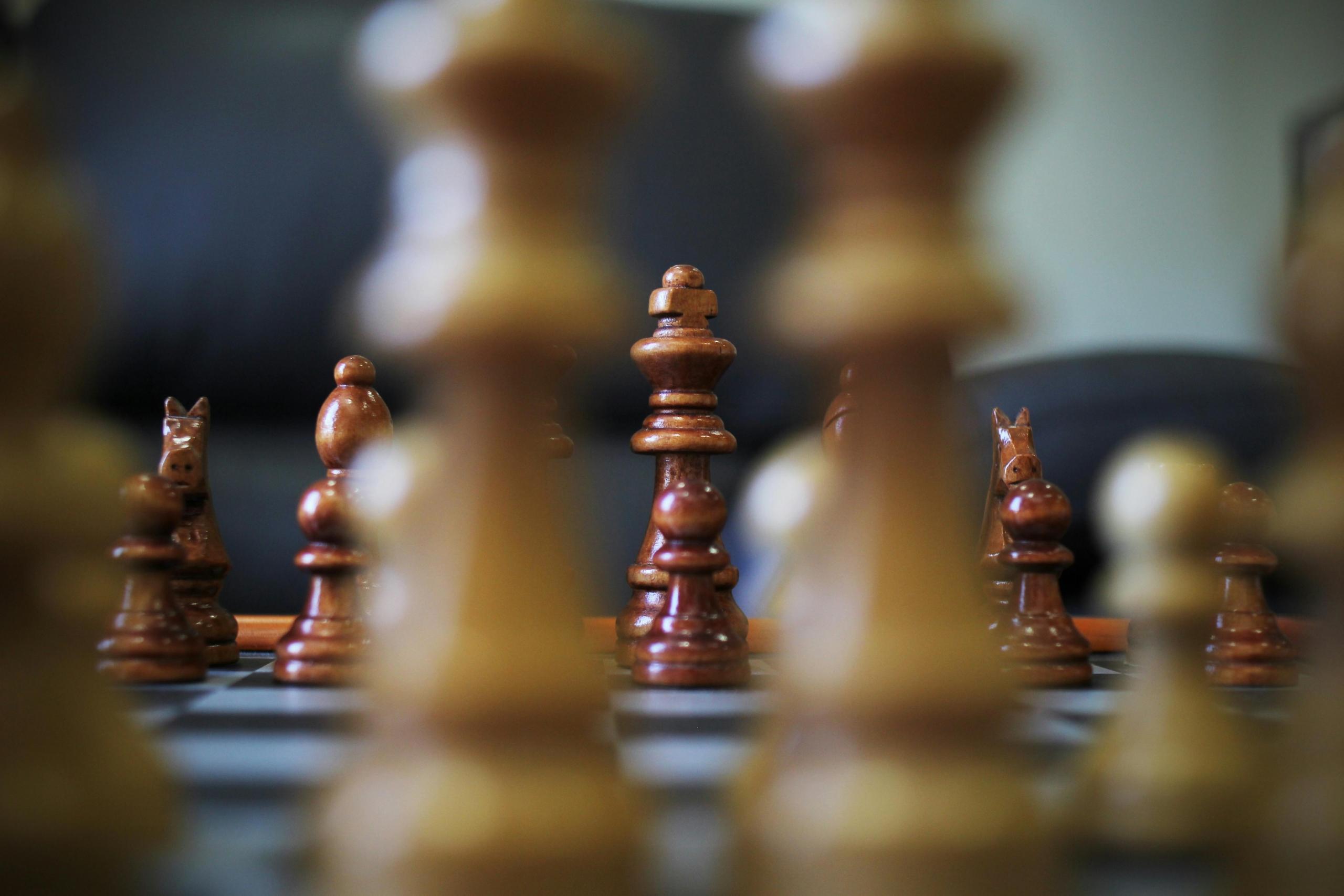Have you set a goal to start playing chess? You are in good company. Millions of people around the world have played the game since its beginnings over 1,000 years ago. Chess is a game that continues to capture the interest of people from all walks of life.
Getting started in chess has never been easier thanks to the plethora of learning resources online. You can learn about chess by reading articles, watching explainer videos, or playing chess games on apps. There is no time like the present to learn something new!
So what are some tips for getting started in chess? Let’s explore some tips for getting started as a beginner in chess. We will start by exploring some general ideas for incorporating chess into your life, and then get into the specifics for different parts of the game.
Once you know the basics of chess, how do you improve the way you play the game? How do you become a more strategic player? Learn eight approaches that will make you more competitive when it’s time to play.
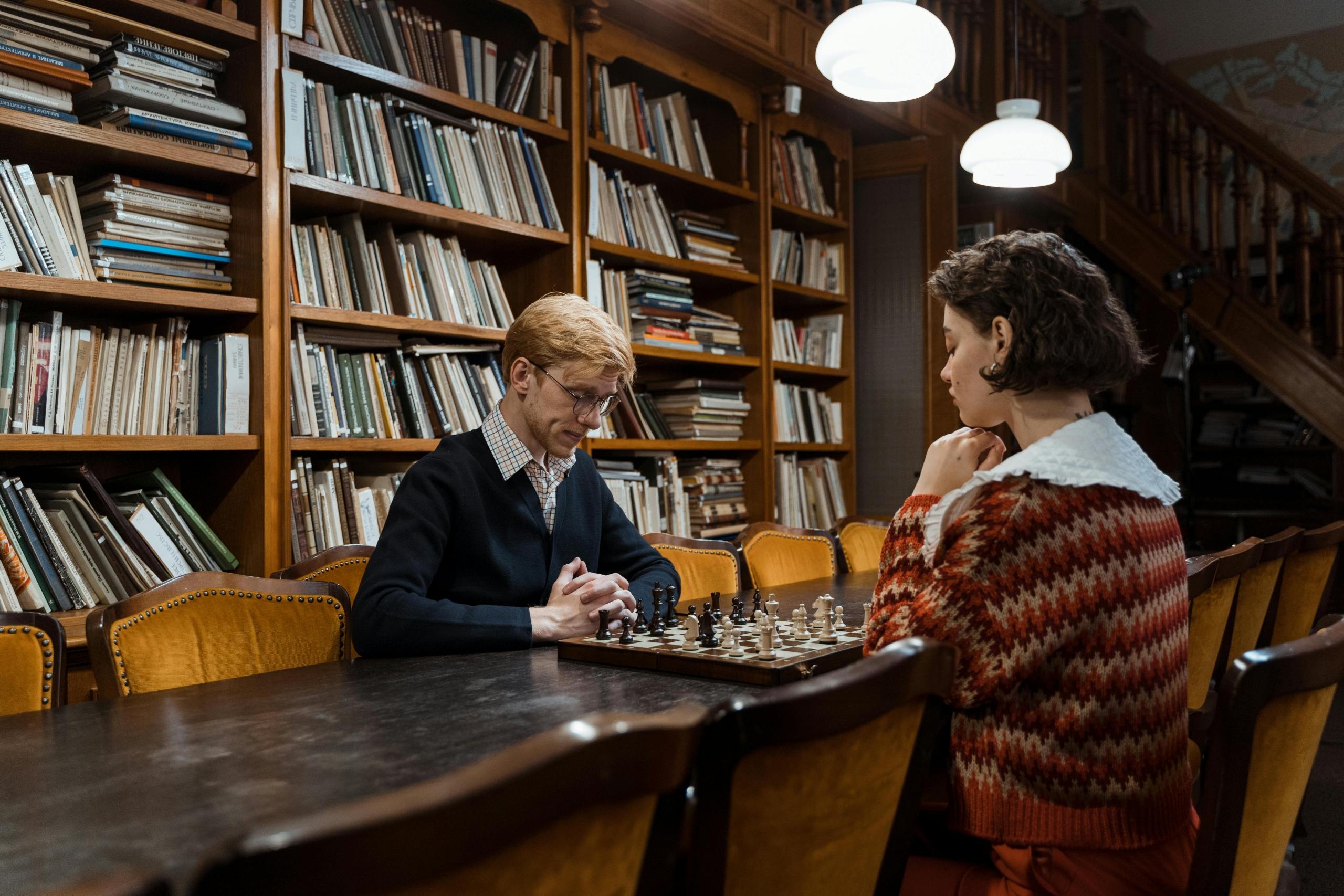

Beginner Tips: for Getting Started in Chess
Learn the Language of Chess
True beginners may find the world of chess overwhelming from the start, with so many new terms and rules to learn. Here are just a handful of words you will want to become familiar with before you start to play.
- Chess Pieces and Board: King, Queen, Rook, Bishop, Knight, Pawn
- Movement and Gameplay: Check, checkmate, stalemate, castling, en passant, promotion
- Strategic and Tactical concepts: fork, pin, skewer, discovered attack, double check, deflection, decoy, interference, zwischenzug
- Game Phases: opening, middle game, endgame, centre, file, rank, diagonal
- Game outcomes: win, draw, resignation, blunder, mistake, inaccuracy
Learn the Rules of the Game
This tip may seem obvious, but learning the rules of chess and how the game works is critical. If you are fortunate to have a chess player as a good friend or family member, ask them to explain the rules. In addition to oral explanations, be sure to do your own reading and research on how to play the game.
For your first games, keep a summary of the rules of chess nearby so you can check your own understanding when needed. As you get used to playing, you will find that you need to refer to them less and less.
Learning chess is fun, rewarding, and complex. A good starting point for learning chess is understanding each piece and their move.
Find a patient chess teacher
You will find it hard to learn any game without playing it and making mistakes. One way to do this is to play in a low-risk environment with a patient friend or family member who will help you through your learning.
If finding someone is tough, try joining a chess club in school or play online. Another option is to hire a private chess instructor - we will discuss this option later in the article!
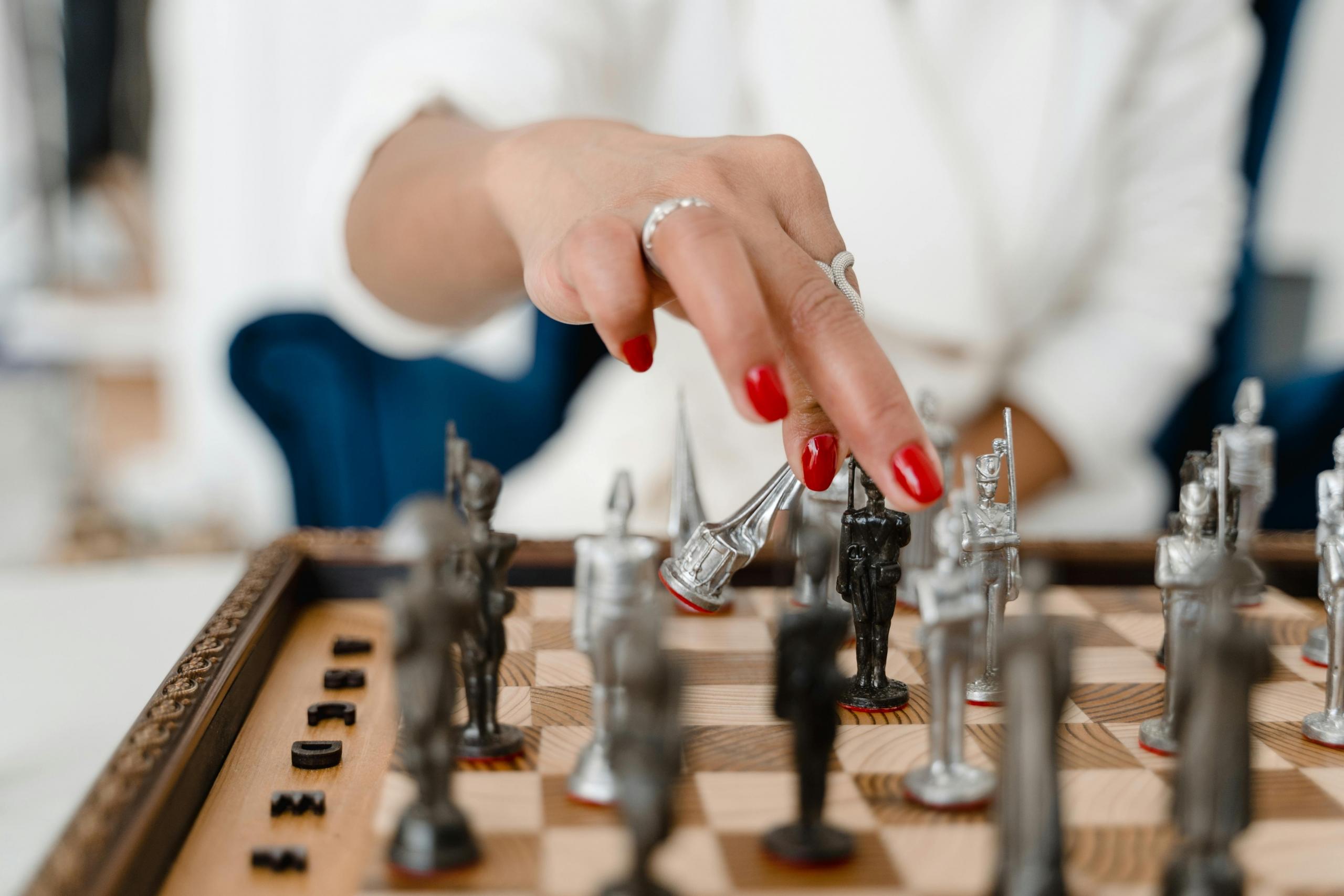
Tips for Gameplay
With a solid understanding of the pieces, moves, rules of the game, and a bit of practice under your belt, you may be ready to start playing with a wider range of opponents. Here are some tips to keep in mind once you really start engaging in gameplay.
Play with Purpose
Whenever you play, make sure each move you make is made with intention. Play with a goal in mind, always considering the long range possibility of capturing your opponent’s king. At the same time, pay attention to your own king and rooks.
Develop your Pieces in the Opening
In your opening, aim to control the central squares with pawns and pieces so you can have greater mobility and influence. Bring knights and bishops into play early, and avoid bringing your queen out too early. Ensure your pieces are active and working together before launching any attack.
Be on the Lookout for Attacks
During the middle game, be on the lookout for opportunities to use tactics like forks, pins, skewers, and discovered attacks. Avoid placing your own pieces where they will be vulnerable for attack.
Coordinate and Structure your Pieces
Examine your pawn structure, avoiding isolated or doubled pawns. Control diagonal lines and open files to limit your opponent’s options. Put your rooks on open files and bishops on long diagonals.
Don’t be Afraid to Take Risks
Sometimes it can be worthwhile to sacrifice material to gain positional advantage. Take risks when playing for long term gain.
If you have just started playing chess, it is likely that you are eager to learn more about how you can improve your play. Find out more about the most commonly used chess tactics.
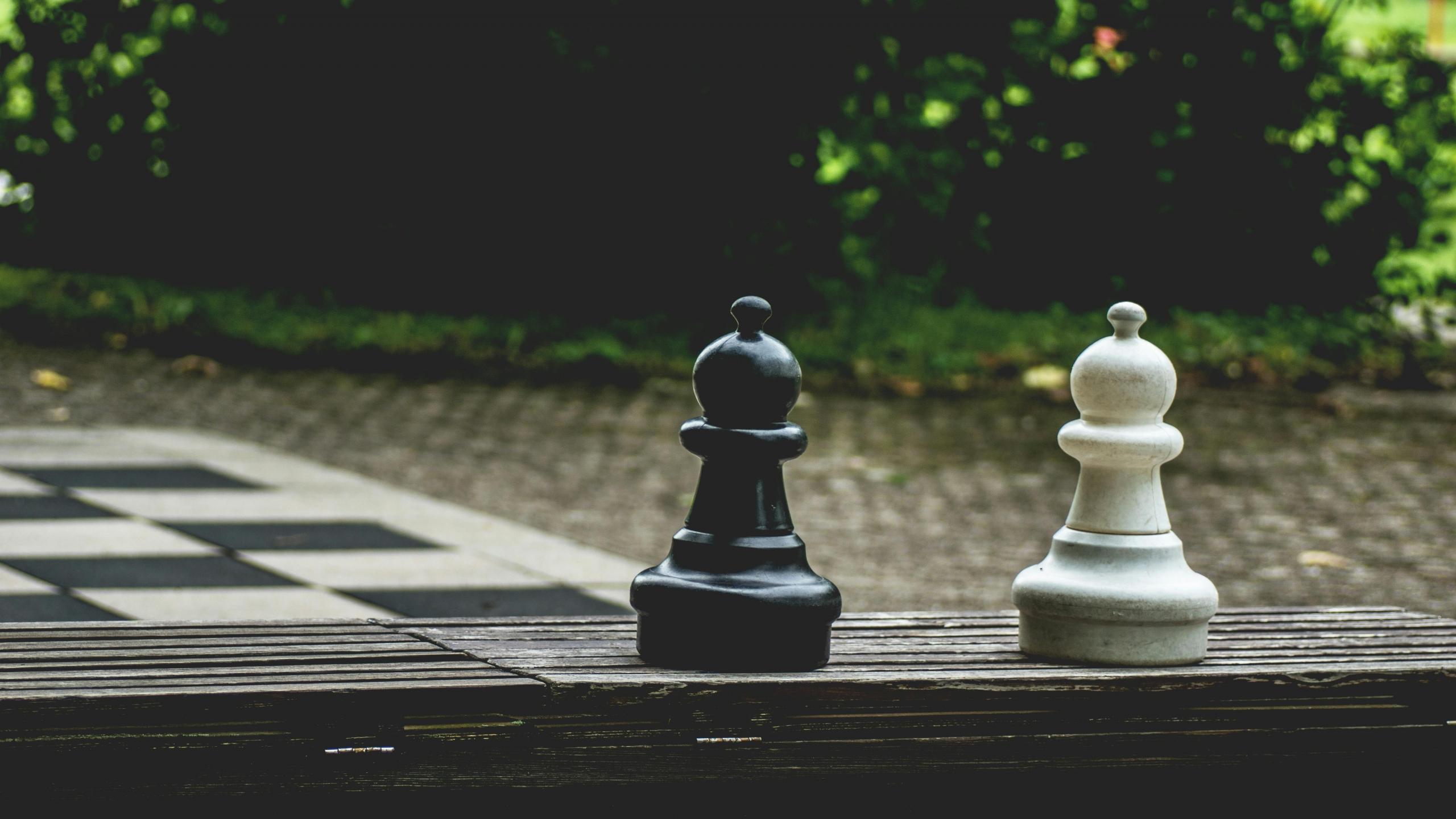
Watch your King in the Endgame
The king can be a powerful, attacking piece in the endgame. Use your king to support pawns and control key squares.
Advance your Pawns
Passed pawns, or pawns with no pawns blocking their promotion, should be advanced in the endgame so they can become queens.
Leverage Small Advantages in the Endgame
Create threats as much as possible: even small advantages are decisive in the final stage of the game. Ensure rooks are active.
Learn and Practice Basic Endgames
Learn and practice checkmating patterns such as king and queen vs. King, and essential endgame concepts like opposition and zugzwang.
Establish Strong Playing Habits
Always keep you defense top of mind, considering your opponent’s threats and possibilities for checks, captures, and attacks. Know when to trade your pieces, always aiming to get rid of weakest pieces first. Keep your opponent guessing - avoid playing too predictably, as this makes you vulnerable.
While the chessboard may seem rather straightforward - we can all picture the simplicity of black and white checkered squares - there are actually many elements that go into chessboard setup.
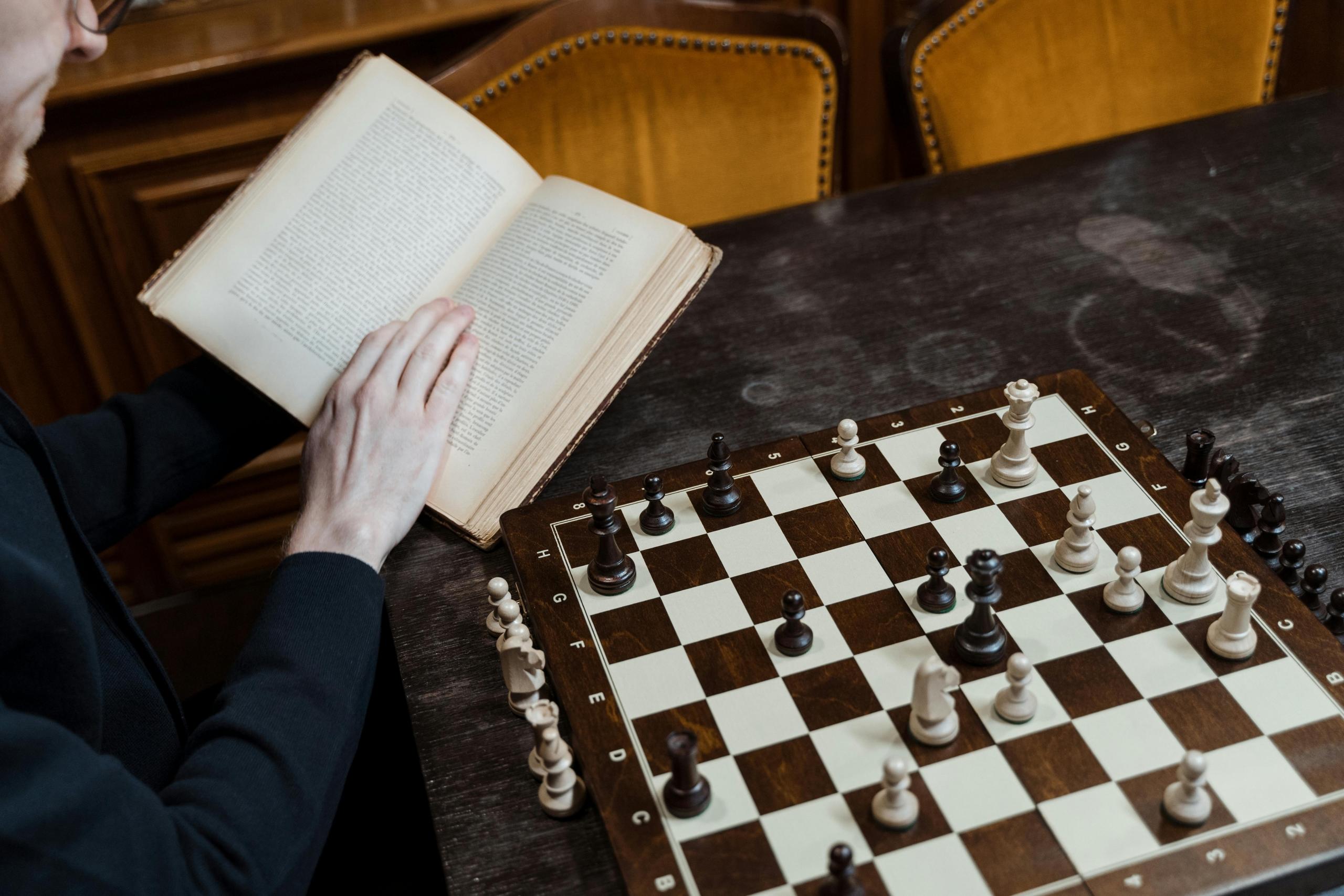
Manage your Time
Use your time wisely, avoiding spending too much time on a single move (but do not play quickly or hastily either).
Learn from Your Mistakes
Chess is a competitive game, and you will of course win some and lose some. Losses are opportunities for rich learning, so analyze your mistakes after a game and figure out how you can avoid making them in a future game.
Practice as Much As you Can
You will get better at any game or activity you engage in with practice. The more practice games you can squeeze in, the better! Be part of a chess club in your school or community, play digital games, and always make sure to have fun to stay motivated.
People that aspire to play chess are following in the footsteps of giants. And while chess is is a game that has entertained some of the most brilliant minds in the world, it is also a game that children, can play. Find out how you can get started as a beginner.
Is it Worthwhile to Get a Private Chess Teacher?
A private chess instructor or tutor will help you to accelerate your chess learning journey. They can model for you different strategies and tactics, and start wherever you are in your learning.
It can also be a powerful learning experience to play and practice chess with an experienced player who is understands how to teach chess to beginners. They can create different game scenarios that match your level of play, and plan instruction so you are learning the right skills at at the right time.
Private chess instruction is also a fantastic option for families that want to see their kids excel in chess, but do not have the time or chess knowledge to guide them. Find a chess tutor who is used to working with children, and you will not only help your child to learn chess but give them a fun weekend or after school activity.
How do I Find a Private Chess Tutor?
Finding a chess tutor is easy with Superprof Canada. The Superprof Canada site that connects students to private instructors in a wide range of pursuits and disciplines, including chess for beginners.
The site is user-friendly, with a search tool that will displays available tutors when prompted. You can see all available chess tutors near you or across Canada, should you be interested in learning virtually.
Carefully read at the individual profiles of each tutor, and see if they have experience teaching chess for beginners. If you are looking for a child, be sure to contact only those that are qualified and experienced at working with kids.
Learn chess with a Superprof tutor!
Summarize with AI:

